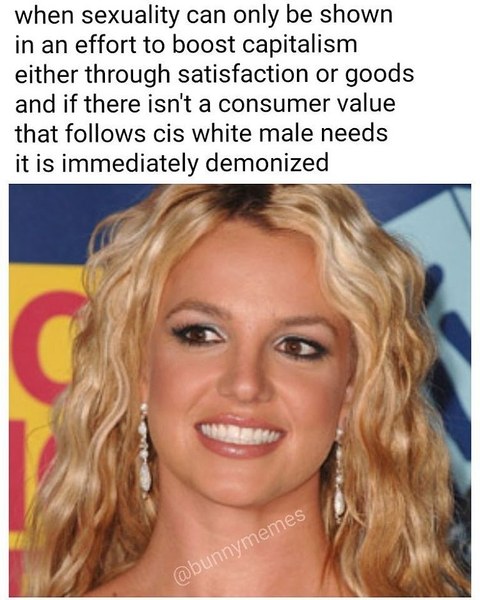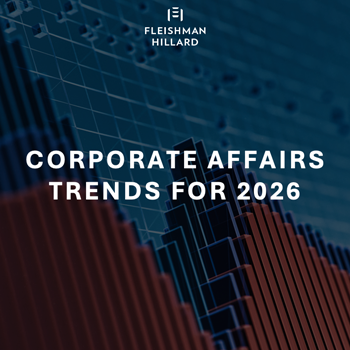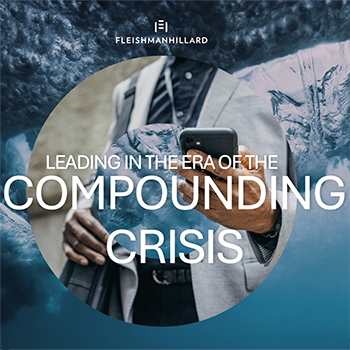Feminist memes: should we share them?
As a person who identifies as a feminist whilst also actively participating in, at times ultra, feminine culture, I quite easily found solace in postfeminism. Post-feminism signals an era of (positive) entanglement between feminism, femininity and popular culture. It’s accepting that women can be feminine and still want equal pay; it’s breaking down that age-old stereotype that to be a feminist you must also be somewhat masculine (does nobody see that irony?). We do not need to emulate men to be equal to them!

Whilst I finally felt some security in my femininity, the internal conflicts did not lessen. Truthfully, my inner feminist wants to scream almost daily, at all sorts of things – I’m also a chronic over-thinker which means I have a lot of brain-space for questioning. Recently I discovered feminist memes, this time my inner feminist didn’t want to scream but she was confused. I work in the social and digital team at FHF London, and I believe wholeheartedly in the power of social (I just make the cut for Generation Z – so by definition the internet is all I’ve ever known). I also find memes incredibly funny, and I’m that friend that will tag you in three memes a day minimum – I have no shame.
I realise at this point you might be asking what a meme is. Don’t feel bad, I had to explain it to my mum a few weeks ago after threatening to meme her. You’ve seen one, you might just not know what it’s officially called.
Here’s the official definition:
An image, video, piece of text, etc., typically humorous in nature that is copied and spread rapidly by Internet users, often with slight variations.
And it looks like this:

So, what was my issue with feminist memes, why did it wage an internal war? In the era of Postfeminist social media activism it is no surprise to see a new weapon of choice emerge in the form of memes. Memes have long graced all of our social feeds and are seemingly a great opportunity for leveraging a cause and gaining significant coverage, right?
Here’s my problem.
Feminism has become a culture in itself; with clothing, magazines, headlines and celebrity endorsement, it is now popularly regarded as cool to be a feminist – just look at Beyonce using an extract from Chimamanda Ngozi Adichie’s TEDx Talk “We Should All Be Feminists” in her song flawless. This leads me to question whether feminist memes are a symptom of this new feminism. In an interview Adichie stated that whilst she is grateful icons such as Beyonce were spreading the word, Bey’s feminism wasn’t her feminism. This notion I find so applicable to feminist memes, should we simply appreciate it for what it is? This is where my social side kicks in, the power of social media can make this mainstream so let’s do whatever we can to help – is there any point in our efforts if they do not get the air time they deserve? Social can amplify feminist messages; the #FreeTheNipple campaign is on everyone’s radar and I follow a variety of feminist accounts that each have upwards of 60,000 followers. There’s no doubt that social does work.
“Beyonce’s feminism isn’t my feminism” – Adichie, de Volkskrant
The danger here is that where the goal is mass consumption, we can lose sight of the reality of the underlying meaning. Prominent feminists such as Rosalind Gill and Angela McRobbie have each expressed their own fears of this new culture of feminism; the kind that is often suffocated by an unrealized postmodern irony. A frequently cited example of this is popular TV show Sex and the City. The main character Carrie embodies the ideal of a feminist and is positioned as one in the narrative of the show. However, whilst her attitude is undeniably cool there is an almost constant theme of the necessity of men. Whilst relationships and men aren’t viewed as counteractive to the cause by postfeminists, the irony is clear for all to see. Feminism portrayed in this way could be viewed as becoming aesthetic, it is the new cool – and we can certainly see parallels with feminist memes – as we all try to up our social status.
As a postfeminist working within the social sphere, my own agreement with this notion caused internal shock. Could this perhaps be too pessimistic of a stance? Two worlds that I am a member of, coming together to support a cause I’m passionate about appears to be the perfect formula. Though at the same time once realised, it’s easy to see that we can fall into this type of feminism and only now can I see that I myself have too at times celebrated its aesthetic sister.
But you know what, it’s ok!
We just need to be aware that this new culture of feminism is unconscious and it is unrealized by its participants who do genuinely believe in feminist values. Whether or not it is the same feminism it is still a feminism that people are identifying with and celebrating, which is undoubtedly a positive step in the right direction – whether it’s because they have posted a feminist meme or they listen to Beyoncé. We have seen social media activism succeed with campaigns such as #FreeTheNipple and feminist memes are clear collateral of successful feminist activism online. Whilst leveraging social trends is a clever tactic and sharing is not the end of the world, as feminists we must make a conscious effort not to fall too deeply into this aesthetic feminism.
So what’s my advice for those of you facing a similar internal struggle?
The one great thing that postfeminism teaches us is that we are all a part of so many different cultural universes, some through choice and some not, and that is ok. Sometimes we will face challenges like this, it’s a natural collision so don’t beat yourself up about it.
Dani Goodley, Account Executive, Creative Strategy
Find Out More
-
Corporate Affairs Trends for 2026
December 10, 2025
-
Leading in the era of the compounding crisis
October 2, 2025


